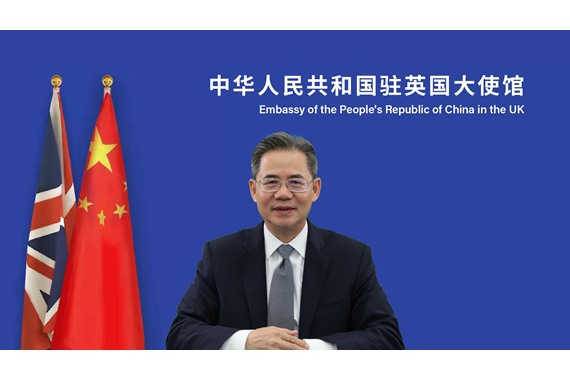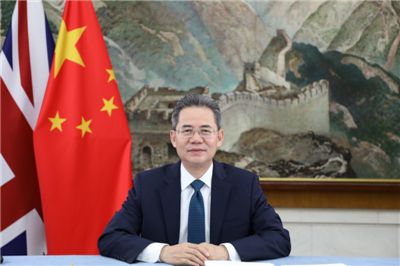Question: Could you give an introduction on Xinjiang ’s preventative counter-terrorism and de-radicalisation measures?
Spokesperson: For some years, Xinjiang was gravely affected by extremist forces, who spread religious extremism under the pretext of protecting ethnic minorities and freedom of religion.
They incited ethnic hatred and discrimination, and even provoked violence. Some people were deluded and misled, and some even participated in violent terrorist activities. They themselves were actually victims of extremist ideologies.
In response to this, Xinjiang made active efforts to support the initiative of the United Nations on “taking action to prevent and combat terrorism in all forms”, drew upon the experience of the international fight against terrorism, and explored ways to eliminate terrorist threats from the source through de-radicalisation.
For people who were affected by extremism and committed minor crimes, the focus was on assistance rather than penalty. It was under this principle that Xinjiang set up vocational education and training centres in accordance with the law to help them breakawayfrom extremism, master occupational skills, and reintegrate into society.
By October 2019, all the trainees of the vocational education and training centres had completed their studies. They markedly gained greater legal awareness, broke free from the shackles of terrorism and religious extremism, and learnt new skills and acquired greater ability totake up an occupation. Most graduates obtained secure employment with support from the local government and improved their quality of life.
READ ALSO: Ukraine: Zelenskyy Expects Increase in Russian Hostility Ahead of EU Vote
The education and training centres were absolutely not “concentration camps”, but part of Xinjiang’s preventative and de-radicalisation efforts. They were essentially no different from the Desistance and Disengagement Programme (DDP) of the UK or the de-radicalisation centres in France. The centresmainly taught the national common language, legal knowledge, vocational skills and courses aimed at de-radicalisation.
At the centres, no act of insult or torture was allowed. The customs observed by trainees of all ethnic groups were respected, and a wide variety of halal diets were provided for free. The centres were boarding institutions and trainees could return home on a regular basis, take a leave of absence, and were free to contact their families and friends.
Their right to use the spoken and written languages of their own ethnic group was fully protected, and it was their choice whether or not to participate in lawful religious activities after returning home.
According to a report, The Chinese Embassy in the UK Saturday strongly condemned the comparison between Taiwan and Ukraine made by some members of the House of Lords of the UK, calling it ignorant and a willful attempt to undermine China’s sovereignty and unity.
The Grand Committee of the House of Lords of the UK held a debate on the “support for democracy in Taiwan” on March 3. During the debate some members referred to Taiwan as “the Ukraine of the Far East” and encouraged the UK government to provide strong support and protection to Taiwan, media reports said.
The Taiwan question is purely China’s internal affairs. It bears on China’s core interests and brooks no external interference. No one should underestimate the strong determination, resolve, and capability of the Chinese people in safeguarding the nation’s sovereignty and territorial integrity, the embassy spokesperson said in a statement released on Saturday.
The spokesperson emphasized that there is but one China in the world. Taiwan is an inseparable part of the Chinese territory. The one-China principle is the extensive consensus of the international community and a widely-recognized norm governing international relations.
The embassy reiterated in the statement that relevant politicians from the UK should stop “playing with fire” on the Taiwan question. They should stop engaging in anti-China manipulation and interfering in China’s internal affairs, the embassy said.














